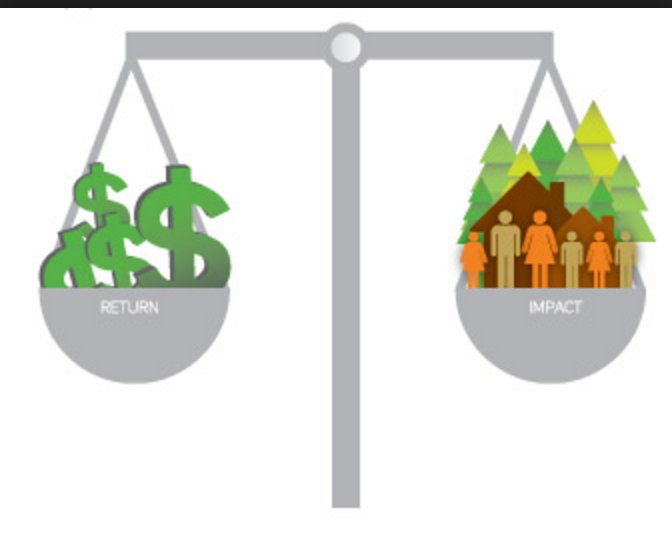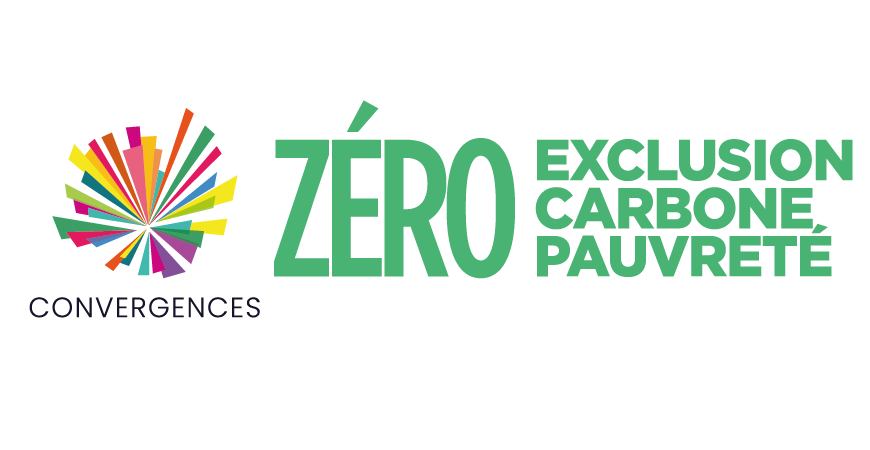
The visibility of financial management practices with environmental and social objectives varies according to media cycles. Microfinance and fair trade made their mark in the early 2000s, which greatly contributed to their growth. It is to be hoped that the recent advent of Impact Investing and the Sustainable Development Goals (SDGs) will enable them to scale up.
Impact Investing is no longer a niche sector. It is the fastest growing investment strategy in Europe, as Eurosif –the leading European association for the promotion and advancement of sustainable and responsible investment across Europe– explains in its latest study. It shows an increase of 385% between 2013 and 2015. According to the Global Impact Investing Network (GIIN[1]), by late 2016, nearly USD 114 billion was invested this way.
Impact Investing is defined as a series of investments in companies, organisations or funds that intend to produce social and environmental impacts and generate financial benefits in various sectors (microfinance, financial services, energy, housing, health, food, agriculture, education, etc.). One of the main features of these types of investments is the implementation of ways to measure their concrete impacts. Large investors that are committed to this approach make it a prerequisite.
The movement recently regained momentum with the SDGs coming to the fore. In September 2016, the most active players, based in Sweden and the Netherlands, issued a declaration of commitment[2] to invest in the SDGs, and two major Dutch pension funds, ABP and PFZW[3], have already announced their intention to spend EUR 58 billion by 2020 for their implementation. They also contributed to the report addressed to the Dutch government in December 2016 which recommended the creation of appropriate financial instruments to attract large investors to projects with a very positive impact. This momentum is further bolstered by the development of Sustainability Bonds, targeting environmental and social projects. According to HSBC, they have accounted for USD 15.6 billion over their first 4 years of existence (2010-2016).
In order to better identify the players involved in Impact Investing, those that promote the Principles for Positive Impact Finance should also be looked into. Launched by the United Nations Environment Programme Finance Initiative (UNEP Fi) in January 2017, they were signed by nearly 20 banks managing USD 6.6 trillion in assets. They provide guidelines for analysing, monitoring and publishing data on the environmental, social and economic impact of financial products and services. Their aim is to be nothing less than the guidelines that will put hundreds of billions of dollars managed by banks and investors into a low-carbon, inclusive economy.
Although it seems that the widespread implementation of positive-impact finance that promotes social development has been given the green light, we must remain vigilant. The question of how to measure the real social impacts produced by all these actions and all the dollars invested in social projects remains crucial. To this day, essential elements to ensure that the financing of the fight against poverty and inequality is given the necessary resources are still missing. The lack of quality projects that combine social benefits with economic success, the lack of a common and shared definition of Impact Investing on a global scale, and the limited know-how when it comes to evaluating the concrete benefits of these approaches remain major drawbacks. Yet if all major investors join hands to develop robust and credible impact measurement methods, it is to be hoped that the risk of “social washing” can be avoided. The signatories of the various recent initiatives are very much aware it, which undoubtedly makes it most effective prevention asset.
[2]https://www.pggm.nl/wie-zijn-we/pers/Documents/Institutional-investment-into-the-Sustainable-Development-Goals-statement.pdf
[3] https://www.pggm.nl/wie-zijn-we/pers/Documents/Building-Highways-to-SDG-Investing.pdf
By Anne-Catherine Husson-Traore
CEO of Novethic
Member of the European Commission’s High-Level Expert Group on Sustainable Finance
